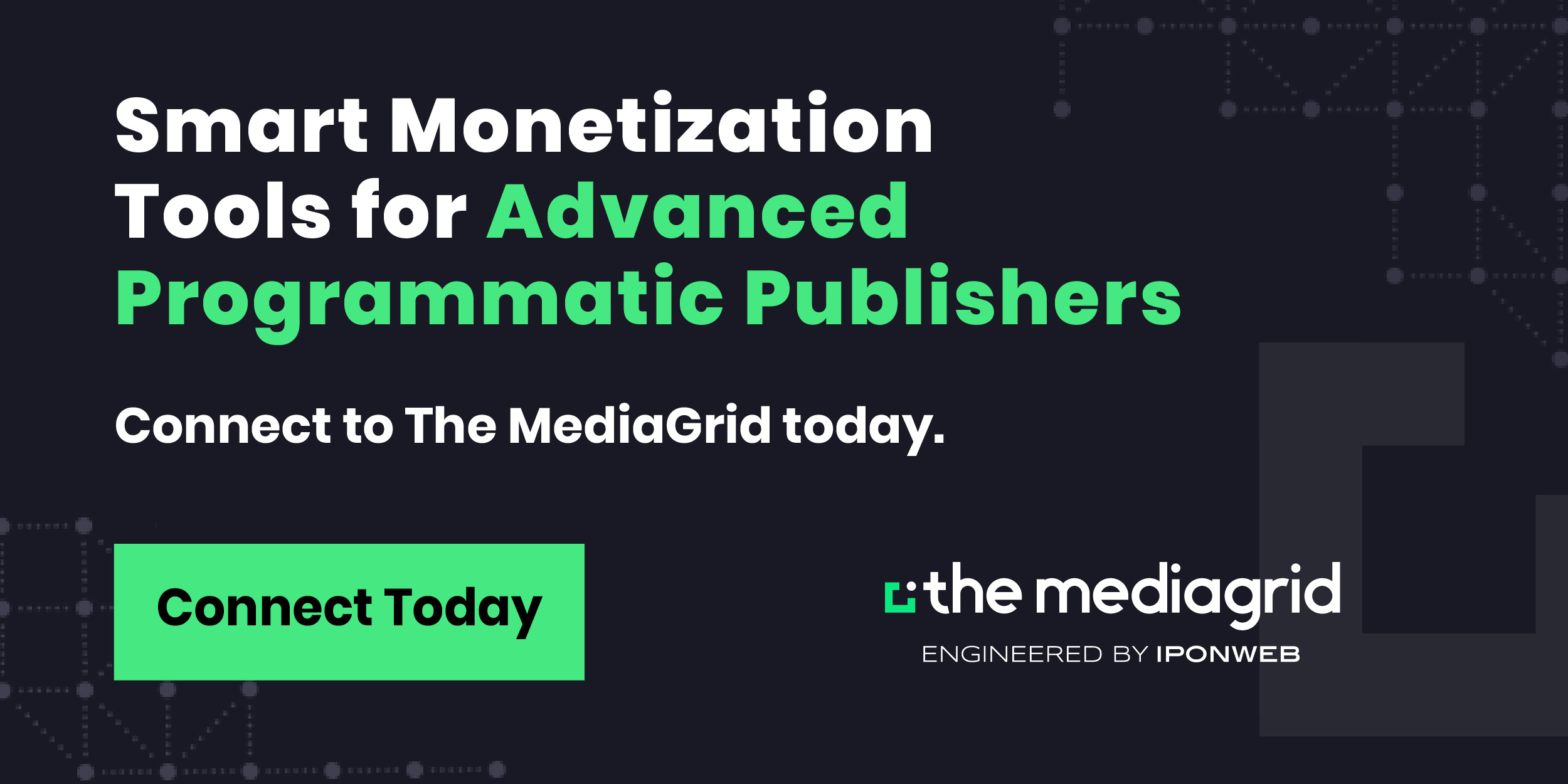 |
|||||||||||||
|
|||||||||||||
| Privacy, Consent, and European Rule-breaking | ||
| In 2018, GDPR came into law in Europe with the aim of protecting citizens’ digital privacy. The result? A seemingly endless stream of pop-ups as websites asked for legal permission to share users’ data. The messages were rooted in the IAB Europe’s Transparency and Consent Framework (TCF), designed to help advertisers obtain the user consent required to track people across the web in order to serve them relevant ads. Last week, the Belgian Data Protection Authority (DPA) found that the TCF breaches GDPR rules. Put simply, the judgment decrees that all the data collected via the pop-ups is illegal (and that the data should be deleted). These data signals – which indicate if consent has been provided and for what purpose – were also shown to rely on “good actors” for compliance as the consent string does not block user data from being passed within the supply chain, even if consent is not given. |
||
| This ruling, if upheld, can result in transformational changes to the digital ecosystem; any changes made to the TCF will fundamentally alter how digital advertising can be transacted in the EU. The ruling also helps to reinforce the scale of the challenges faced by the marketplace around privacy, consent, and identity and lights the way for advertisers to retreat to the safety of the walled gardens. In this landscape, publishers will be best served by technology partners that are adaptable and have the technical muscle to evolve rapidly. The MediaGrid, a flexible next-generation SSP from IPONWEB, has been built from the ground up to give publishers more tools to activate their data securely and ensure compliance moving forward. By connecting to The MediaGrid, publishers can extend the value of their data to third-party supply using privacy-compliant methodologies to unlock new revenue – without giving up control of their proprietary assets. |
||
|
||
 |
| Ad Tech And Gaming Sitting In A Tree |
 |
| Last week we told you about Microsoft acquiring Xandr and its grand plan to acquire Activision Blizzard for ~$70 billion. If the Activision Blizzard deal is cleared, the amount paid will be historical but the merging of ad tech and gaming companies is not so pioneering if you think about the last few years. Before Microsoft/Activision Blizzard there was AppLovin, ironSource and Zynga: - AppLovin: Raised $400M from private equity firm KKR in 2018 to transform from an advertising platform into a mobile gaming powerhouse. Today, AppLovin has a market cap of nearly $32 billion. - IronSource: The gaming studio and ad network took a similar approach to AppLovin. The company acquired an ad quality insights platform, a creative platform, and two major mobile in-app monetization platforms that allowed IronSource to grab a larger share of the overall mobile gaming and mobile monetization industry. - Zynga: The leading global game developer acquired Chartboost, an in-app monetization platform with a widely used SDK in 2021. The company also partnered with a new player, Media and Games Invest (MGI) to amplify its content and platform growth strategy. |
| This M&A trend between ad tech platforms and gaming studios could be the secret sauce to massive first-party data collection. 2022 is all about kicking the third-party cookie habit and building a foolproof plan to not only avoid disrupting business but to accelerate it. For example, with Xandr and Activision Blizzard under the Microsoft umbrella, both business models could soar. This trifecta would allow Microsoft to “gather insights from Xandr’s existing ad platform and use them to drive growth and improve the monetization of Activision’s portfolio of mobile gaming content.” We’re better together is the approach these companies are taking and the turnkey nature of having everything in-house is becoming more attractive. The fact that mobile ad spend is expected to exceed $160 billion this year and mobile gaming revenue is on track to surpass $100 billion by 2023 is only boosting this idea.. |
| Snap And Pinterest Said It's Their Time To Shine |
 |
| Everyone loves a good underdog story right? Well, we’ve got one for you. While Meta was, unfortunately, making history in a bad way with the biggest one-day decline for a stock in U.S. history, Snap and Pinterest were quietly winning big time. Shares of Snap and Pinterest instinctively started to fall as it was assumed their Q4 ad revenue too suffered. However, that dip turned into a massive U-turn as shares skyrocketed 55% and 20% respectively after both platforms shared their recent successes. |
| The latest financials reported by Snap and Pinterest proved all social media platforms are not the same. Their variances in size, advertisers, and ad operations all proved to be critical in strengthening their fortresses against Apple Inc’s privacy updates. The Snap Approach Snap took a partnership approach with Apple. They began working on an ad targeting solution over a year ago that would satisfy new privacy parameters and worked with several advertisers to adopt a tool provided by Apple to measure ad effectiveness. Snap also had advertiser type on their side as they work with predominantly larger brands compared to Meta’s advertisers who are generally small to midsize brands with minimal resources to adjust in real-time. The Pinterest Approach Alternatively, Pinterest already has a first-party data and contextual ad model that currently is not as affected by Apple’s iOS update. However, Pinterest is not playing Russian roulette with ever facing that possibility and realizes that not even they are an exception to the rule. In the meantime, Pinterest is investing in video features and creator-led content to boost engagement and ad revenue. With these platforms' successes, we're opening our minds to the fact that little lessons can come from anywhere. |
 |
||||||||||||
|
||||||||||||
 |
||||||||||||
 |
||||||||||||
|
| @{optoutfooterhtml}@ |








